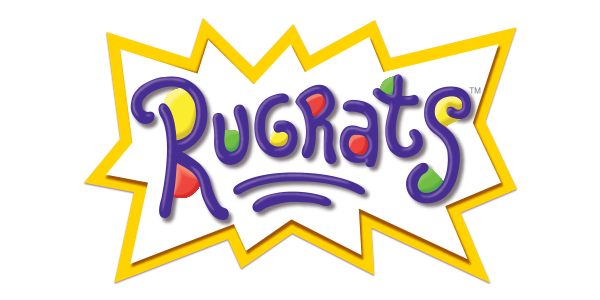The study, published in Scientific Reports, was conducted by a group of researchers in Hungary looking to explore the role dogs play in human social networks.
They did this by comparing human-dog relationships with human-human relationships, using 13 relationship scales.
Participants rated their relationships with their dogs and four human partners—closest relative, romantic partner, best friend, and child, using measures like companionship, conflict, nurturance, and satisfaction.
Dogs outperformed humans on measures of affection, reliable alliance, reassurance of worth, and companionship. Romantic partners only beat dogs in one area: intimacy.
The researchers found that the human-dog relationship most closely resembles a parent-child relationship, without the negative interactions.
This is due to a fundamentally different power balance than human-to-human connections, with owners maintaining control over their dogs’ lives. This means dogs don’t engage in the kinds of behaviors that create conflict in human relationships.
In a statement, study author Enikő Kubinyi from ELTE Eötvös Loránd University wrote: “The results highlight that dogs occupy a unique place in our social world—offering the emotional closeness of a child, the ease of a best friend, and the predictability of a relationship shaped by human control—revealing why our bonds with them are often so deeply fulfilling.”





























